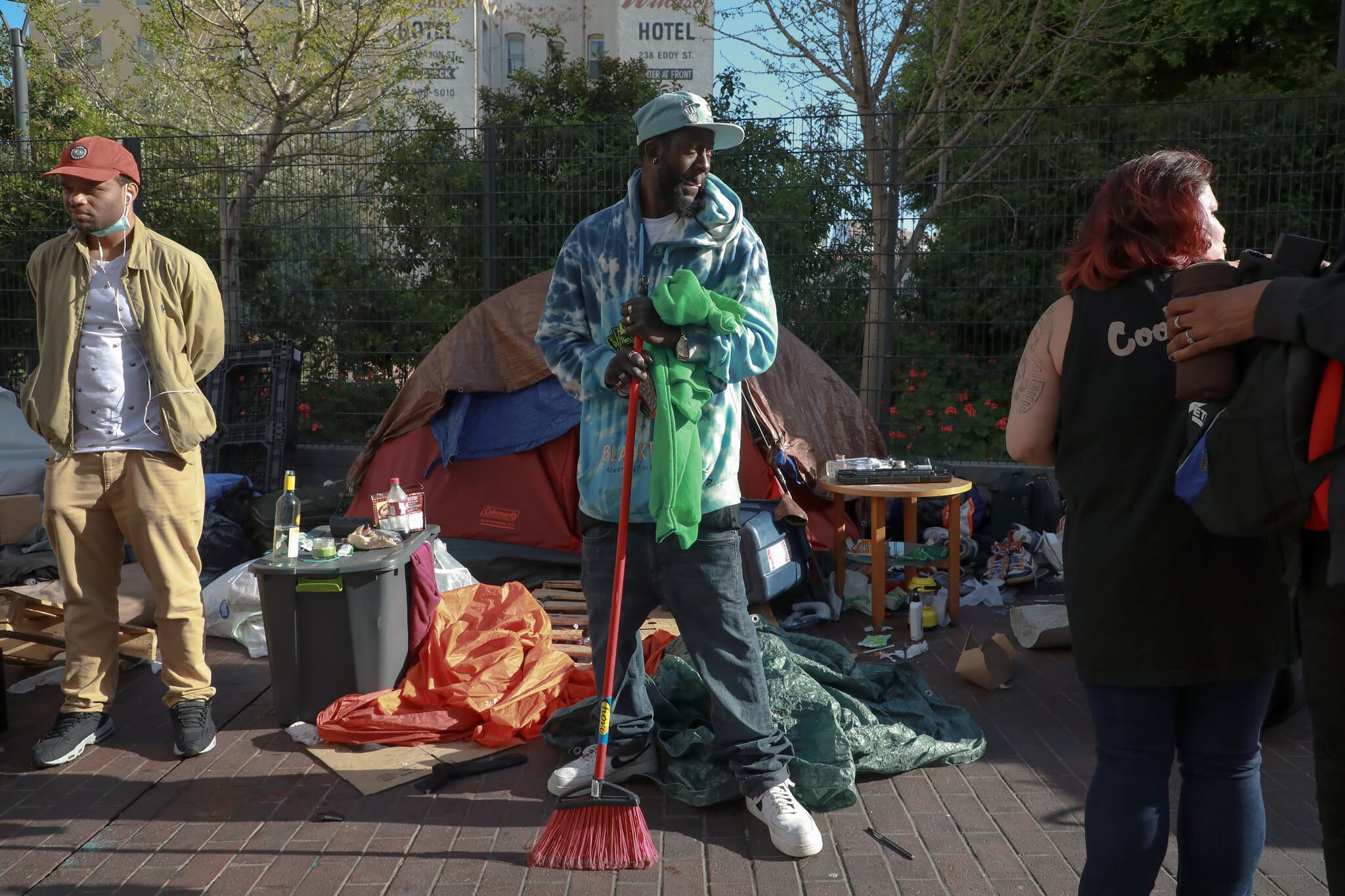17 Overdose Deaths in San Francisco Episcopal Community Services Housing Highlight Ongoing Crisis

San Francisco, CA – A recent social media post by user jj smith on August 13, 2025, has drawn attention to the tragic reality of drug overdose deaths within the city's supportive housing facilities, specifically citing the Crosby SRO managed by Episcopal Community Services (ECS). The post detailed the death of a resident named Jerry, who "passed away getting high inside his room," and noted the recovery of "another body from around the corner." This incident underscores a persistent challenge in San Francisco's efforts to address homelessness and addiction.
Episcopal Community Services, a significant housing provider in San Francisco, has faced scrutiny regarding overdose fatalities in its facilities. According to data analyzed by The Standard in October 2023, at least 17 individuals died from overdoses in ECS buildings by July 31 of that year. The organization acknowledged challenges in tracking these deaths due to staffing limitations, as reported by The Standard.
The broader context reveals a city grappling with a severe overdose crisis. Preliminary figures from the San Francisco Office of the Chief Medical Examiner indicated 563 citywide overdose deaths by August 2023. While 2024 saw a 22% decrease in overall overdose deaths compared to 2023, with 633 fatalities recorded, early 2025 showed an uptick, with 59 deaths in January alone.
ECS has publicly addressed the issue, with Executive Director Beth Stokes and COO Chris Callandrillo advocating for evidence-based strategies. These include universal access to the overdose reversal medication Narcan (naloxone) and training for staff and residents. Callandrillo noted in October 2023 that the rise of fentanyl has "shifted the paradigm," necessitating a re-evaluation of the city's long-standing "housing first" policy, which prioritizes housing without sobriety mandates.
Critics of the current approach argue that placing individuals with active substance use disorders in isolated housing units without adequate support can heighten overdose risks. Some service providers suggest a greater investment in voluntary treatment and preventative measures. The ongoing debate centers on balancing immediate housing needs with comprehensive harm reduction and recovery services to prevent further tragedies like Jerry's death.